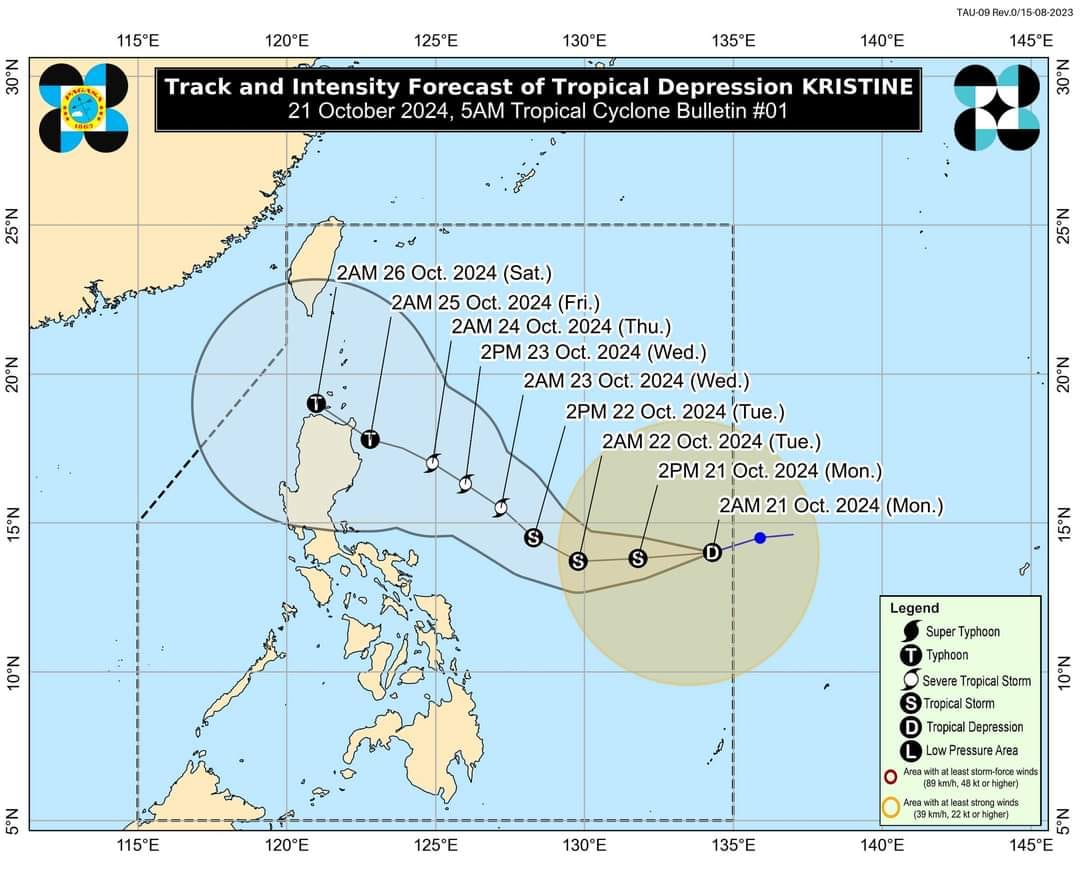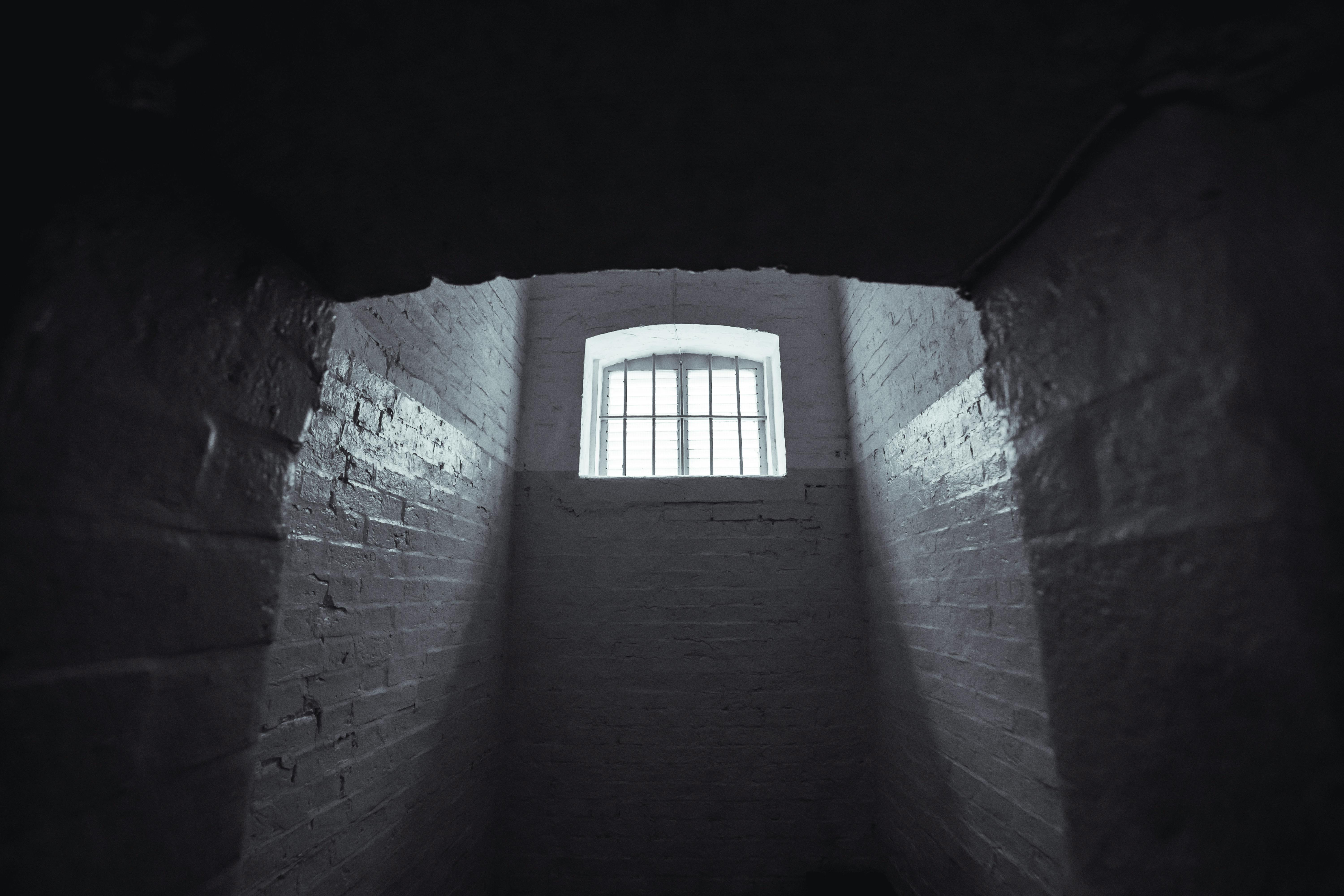Many of the false and misleading social media posts that proliferated during the last election were those that benefited not just then presidential candidate Ferdinand Marcos Sr. but also his family name.
Tsek.ph, the collaborative fact-checking project, found that many of the fake news were attempts to rebrand the presidency of Marcos Sr., whose regime and brutal martial law was responsible for the 70,000 arrests without warrants, 34,000 cases of torture, 3,240 police- and military-related murders, the closing of almost 500 media outlets, and $10 billion-worth of stolen money from public funds. Even after Marcos lifted martial law in 1981, it was undeniable that he was still wielding a power not unlike that of a dictator’s even after five years, just before the EDSA People Power Revolution, the peaceful movement that finally overthrew him. (Visit the Martial Law Museum.)
The Philippines has no law regarding the spread of false and misleading information regarding the Martial Law Era. It’s about time we urge our representatives in Congress and the Senate that they make it a criminal offense to taint our history—or our memory of it.
If any bill must be passed regarding this, lawmakers must ensure that inscribed in it are the prohibition not just of denying, but also the minimizing, justifying, approving, and doubting of the Martial Law atrocities.
There are laws like this in other countries. In Europe, for example, it is unlawful in many countries to deny that the Holocaust happened. How should we define these five offenses, though? *cracks knuckles*
Let’s start with
Denialism
This is the easiest to define because this is the most common term we know. Denialism is when someone actively disputes that the Martial Law Era happened. The problem with criminalizing denialism and denialism alone is that this isn’t the mostly used strategy online. Trolls, Marcos loyalists, and government officials do not engage in denying that the Martial Law happened, but the bill (and if passed, the law), should criminalize active refusal to acknowledge that the Martial Law atrocities occurred.
Minimizing
This is when someone, in speech or in writing, tries to reduce the significance of the Martial Law atrocities. In other words, this is not really denialism. This is accepting that the atrocities happened, but saying that they do not matter now.
Criminalizing minimizing should include the refusal of an office to ban the commemoration of the Martial Law anniversaries every Sept. 21. It is important for us to remember the atrocities done in the past and truly understand how it all started, so that future generations know that a red flag is a red flag when they see, hear, or experience one.
Justifying
This may sound redundant to minimizing because this isn’t actually denial either, but justifying has another added layer of evil to it. This is when someone says or insinuates that the atrocities had to happen because they were necessary for self-defense.
Approving
This is almost like justifying, but approving does not necessarily include saying the atrocities had good intentions. Approving could just be because of hatred. Saying, “Okay lang yun dahil mga NPA naman sila (That was okay because there were all NPAs anyway),” is an approval of the atrocities of the Martial Law Era, for example.
And lastly, we should also criminalize
Doubting
I know, I know. This sounds like denialism again. But denialism is the outright refusal to believe. Doubting is when someone says, “There’s not enough evidence or information regarding this,” even though the whole world knows what happened.
The problem with criminalizing these is that the freedom of expression will always be the defense of those who support the Marcoses. (Such a convenient defense, even though they literally support the enemies of freedom of expression.) But I would argue that for things that the world already has a consensus on, especially if it is harming survivors and relatives of victims both emotionally and physically, the right thing to do is to put those who maliciously scatter lies behind bars.






